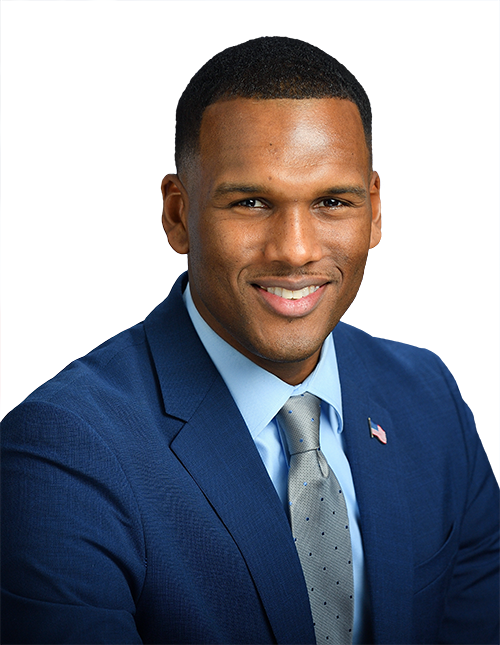Governor Andrew M. Cuomo Enacts Marie’s Law
Today, Governor Cuomo signed Marie’s Law (A.4784-C;Fall/S.2836-C; Savino). Back in June, the bills passed unanimously in both houses of the legislature.
The intent of the legislation is to strengthen existing protections for children in the Domestic Relations Law. The bill establishes a rebuttable presumption that it is not in the best interest of a child to be placed in the custody or to have unsupervised visits with a person who has been convicted of one or more felony sex offenses where the victim was a child.
Nationwide, approximately 3 million cases of child abuse and neglect involving almost 5.5 million children are reported each year. The majority of cases reported to Child Protective Services involve neglect, followed by physical and sexual abuse.
In most cases, children who are abused or neglected suffer greater mental health problems, with a wide range of reactions such as depression, suicidal thoughts, withdrawn and violent behavior. Long-term effects often result in drug or alcohol abuse, rejection of discipline or abuse others.
Assemblyman Charles D. Fall (D-Richmond), “As lawmakers, parents and as a society, we have an obligation to prevent sexual abuse towards children.
I want to thank Governor Andrew Cuomo, Speaker Carl Heastie, Senator Diane Savino and central staff for working with my team to pass and enact my first bill as the representative of the 61st Assembly District. I will remain vigilant in ensuring that children are protected.”
Senator Diane Savino (D-Richmond/Kings), “The effects that abuse can have on a child over their course are wide-ranging, from depression to alcohol and drug abuse to withdrawal and suicide attempts. It is our duty to ensure that they are protected when it comes to custody and visitation rulings. Those convicted of sex offenses should have to prove that they are suited to have custody or unsupervised visits, not the other way around. I thank Gov. Cuomo for signing this bill into law and to seeing the improvements it ultimately makes in our family court system."
